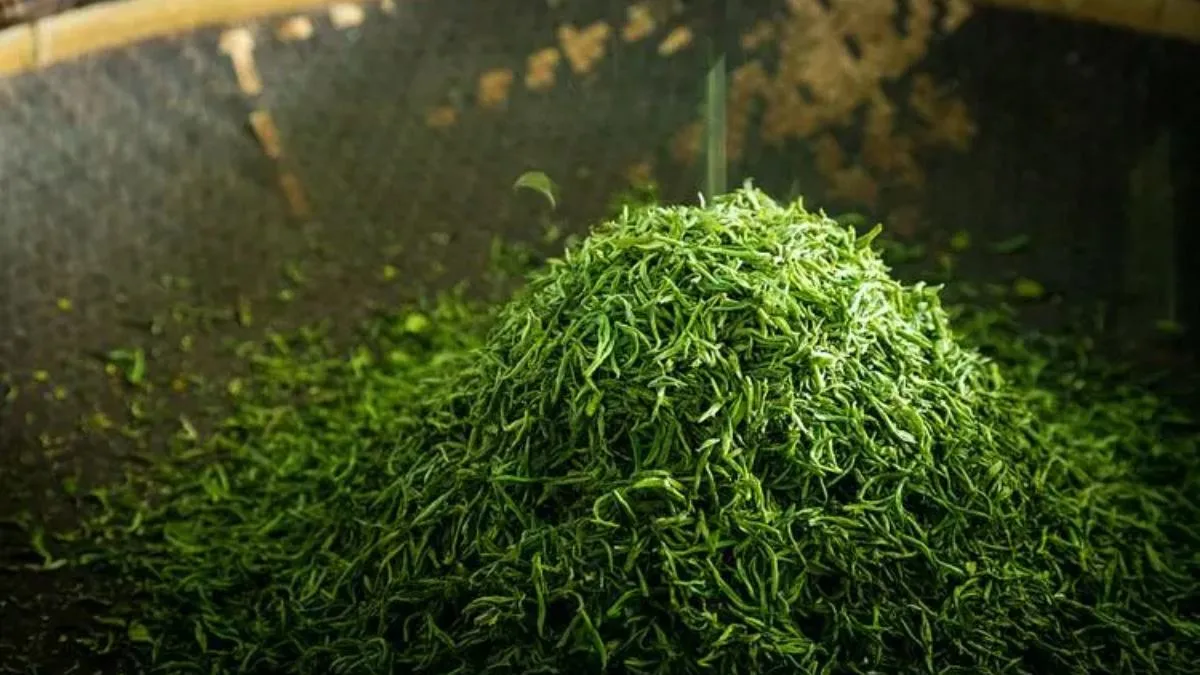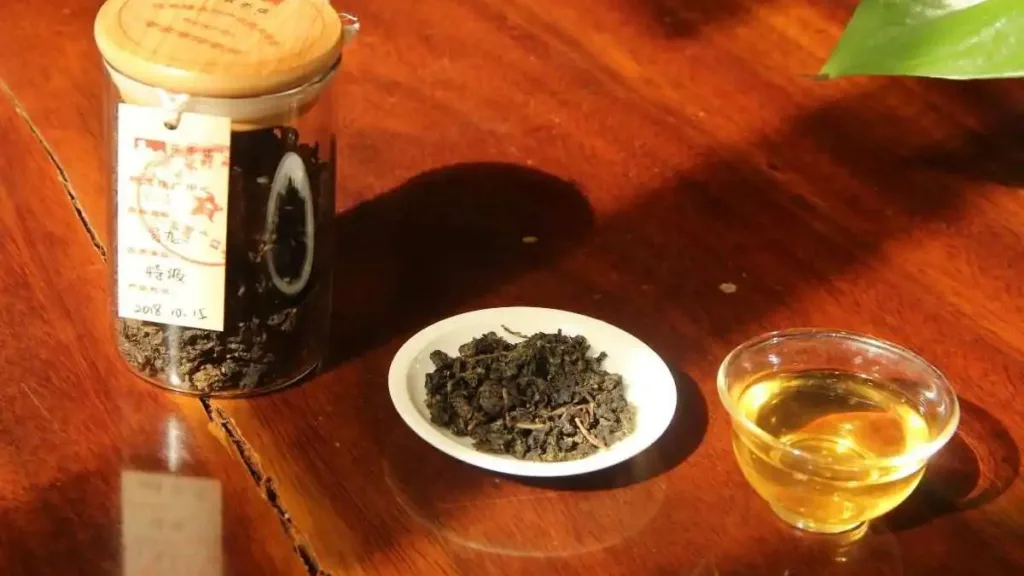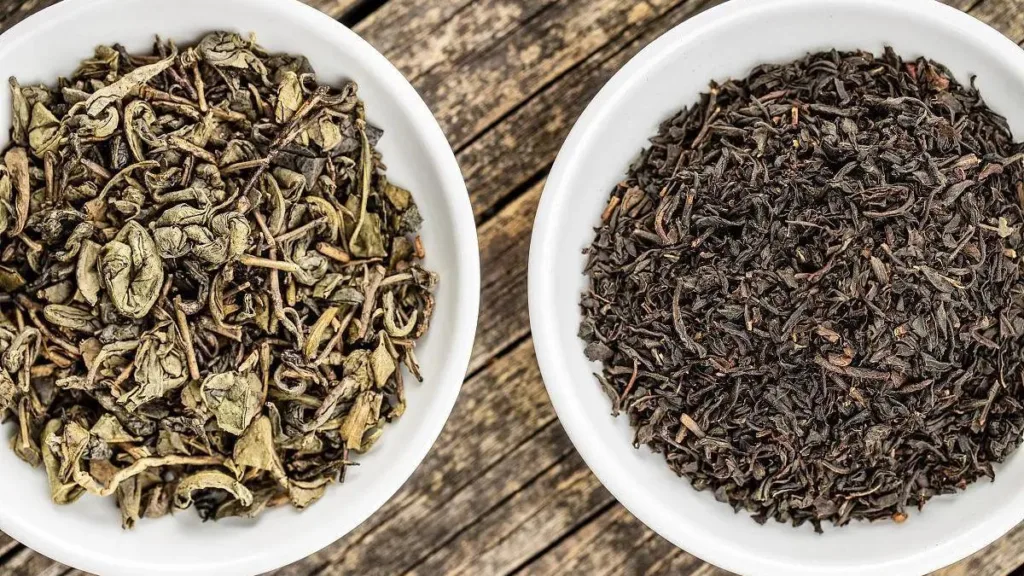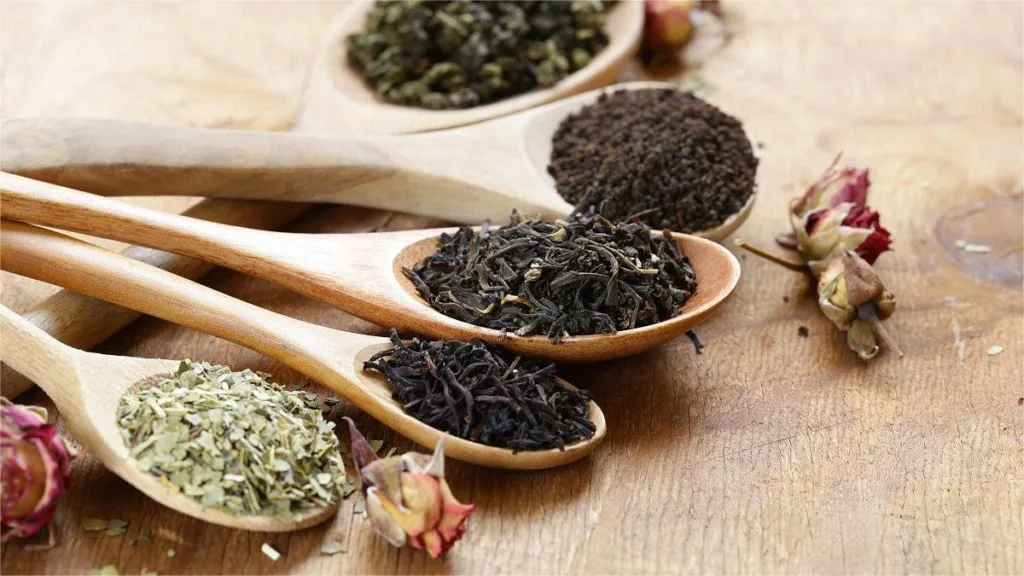Caffeine, a crucial component found in tea leaves, imparts the energizing effect associated with tea consumption. Different categories of tea exhibit varying caffeine levels. In this exploration, we delve into the caffeine content of six major tea types: green tea, yellow tea, white tea, oolong tea, black tea, and dark tea. Let’s uncover which tea boasts the highest caffeine content and aid you in choosing the tea type that suits your preferences.
I. Role and Source of Caffeine in Tea:
Caffeine, a natural stimulant, is present in tea, coffee, cocoa, and certain soft drinks. In tea, caffeine primarily originates from the leaves of the tea plant. Caffeine stimulates the central nervous system, promoting alertness, increased awareness, and enhancing heart and respiratory functions.
II. Caffeine Content in Different Tea Types:
- Green Tea: Green tea, an unfermented tea, retains a lower loss of caffeine during the production process. Typically, green tea contains around 30-50 milligrams of caffeine per cup, making it suitable for all-day consumption without causing insomnia or rapid heartbeat.
- Yellow Tea: Similar to green tea, yellow tea undergoes slight fermentation. Consequently, its caffeine content is relatively low, averaging around 20-30 milligrams per cup. Despite its lower caffeine content, yellow tea remains effective in providing alertness, making it an ideal choice for afternoons.
- White Tea: White tea, processed with relatively simple techniques involving plucking, withering, and natural drying, possesses a lower caffeine content, usually around 15-20 milligrams per cup. White tea offers a mild and relaxing beverage, suitable for summer or evening consumption.
- Oolong Tea: Oolong tea undergoes mild fermentation during production, placing its caffeine content between unfermented green tea and fully fermented black tea. Generally, oolong tea contains 25-45 milligrams of caffeine per cup. Its diverse flavors make it a tea with both caffeine-stimulating effects and varied taste profiles.
- Black Tea: As a fully fermented tea, black tea boasts a relatively higher caffeine content. Each cup of black tea typically contains 40-70 milligrams of caffeine, with some varieties reaching even higher levels. Ideal for morning consumption, black tea provides an excellent choice for awakening, but moderation is essential to avoid disrupting nighttime rest.
- Dark Tea: Dark tea, undergoing post-fermentation, usually contains 45-70 milligrams of caffeine per cup, with some varieties exceeding this range. Dark tea offers a unique taste and robust flavor profile, catering to those who appreciate a stronger tea experience.
In summary, under similar conditions, black tea tends to have the highest caffeine content, ranging from 40-70 milligrams per cup, followed by dark tea, oolong tea, green tea, and yellow tea. White tea typically has the lowest caffeine content among the tea types.
It’s important to note that the provided data represents average values, and the specific caffeine content can vary based on factors such as tea variety, harvesting season, and processing methods. When selecting tea, considerations should extend beyond caffeine content to include taste preferences, aroma, and individual taste profiles.
III. Managing Caffeine Intake:
While caffeine in tea is generally safe for most individuals, excessive consumption may lead to discomfort. Consider the following strategies to manage caffeine intake:
- Choose Low-Caffeine Teas: Opt for green, yellow, or white teas, known for their lower caffeine content.
- Control Consumption: Limit daily tea intake, especially in the evening.
- Select Unfermented Teas: Teas that undergo minimal fermentation typically have lower caffeine levels.
In conclusion, each tea type offers unique flavors and characteristics, catering to a range of preferences. Whether you favor a delicate taste or a robust flavor, the world of tea has a perfect match for you. Embrace the process of savoring tea as a way to appreciate the nuances of life.



